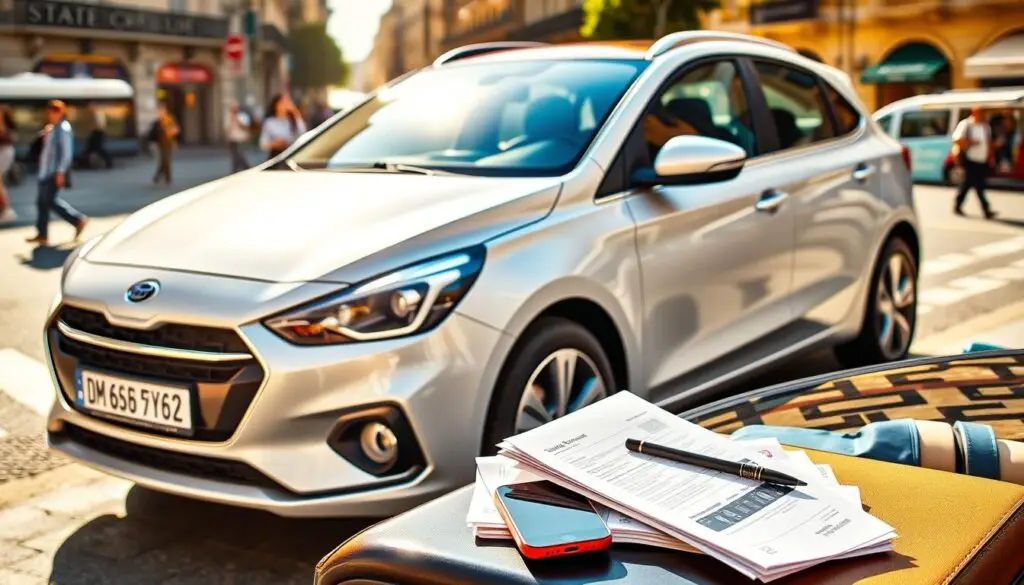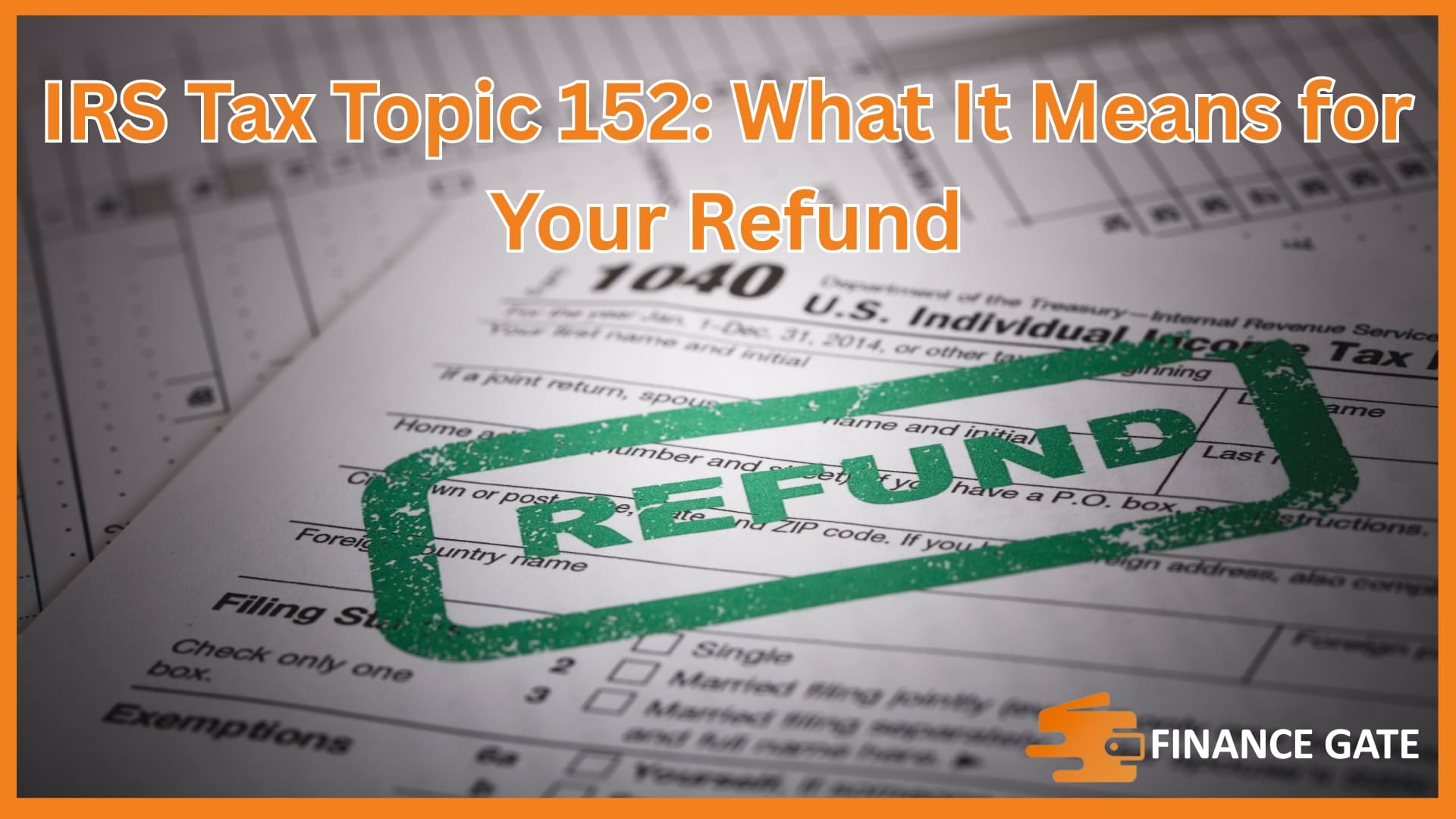Getting hit with a high deposit can ruin the convenience of renting a car. Many travelers ask how to avoid deposit on rental car because deposits can freeze hundreds of dollars on your card. This can restrict your spending, especially when using a debit card with limited funds. Some rental companies may waive deposits if you use a credit card with insurance or prepay. Understanding what rental companies require helps you make smarter choices. This article explains how to avoid deposit on rental car step by step, so you can rent smarter and keep your money accessible.
What is a Security Deposit?
A security deposit is a temporary hold that rental companies place on your credit or debit card. This deposit acts as a financial guarantee in case the rental car is damaged or returned late. The deposit amount varies depending on the company and the car rental agreement terms. Additionally, the deposit back process typically starts after you return the vehicle without issues. Some companies issue a full refund within days, while others may take longer. The rental period, car type, and payment method all influence this amount. Car rental companies use deposits to ensure responsible usage throughout the agreement duration.
Why Rental Car Deposits Are Common
Rental companies often charge a rental car deposit to protect their vehicles during the rental period. This ensures renters return the car in good condition and follow the rental agreement terms. The deposit helps cover potential damages, late returns, or unpaid tolls and tickets. Car rental companies may also use it to secure the balance if the rental cost changes. Moreover, companies hold the amount as insurance in case renters breach the agreement. Credit card holds are more common, although some allow debit card payments. Deposits create a safety net for businesses operating high-value assets like vehicles.
Factors That Influence the Deposit Amount

The deposit amount depends on the type of car rental, rental location, rental duration, and payment method. Rental companies also consider your insurance coverage, past rental history, and whether you use a debit card or credit card. Longer rental periods often lead to higher deposits, especially with premium or luxury vehicles.
Type of Car Rental and Duration:
- Economy cars usually require a lower deposit, because they cost less to repair or replace.
- Luxury car rentals come with higher deposits, chiefly due to the car’s higher market value.
- Short-term rentals often require smaller deposits, especially if you pay with a credit card.
- Long-term rentals may involve higher deposit amounts, due to extended risk and liability.
- One-way rentals can increase the deposit, especially if the return location differs from the pickup.
Rental Companies’ Policies:
Each car rental company sets specific rules about rental car deposits, influenced by internal risk assessments. Some companies require a higher security deposit if renters pay with a debit card instead of a credit card. Additionally, companies often hold the deposit throughout the entire rental period. If you return the car early, they may still hold the full amount until processing is complete. Policies vary widely, so always review the rental agreement before confirming your booking. Furthermore, some rental companies may deny rentals without a credit card, making it difficult to rent a car without traditional financial guarantees.
Payment Method: Debit vs Credit
| Criteria | Credit Card | Debit Card |
|---|
| Deposit Requirement | Lower or moderate deposit amount | Higher deposit amount usually required |
| Hold Duration | Hold released shortly after car return | Hold may take longer to release |
| Rental Approval | More likely to be approved | Some companies may deny rental with debit card |
| Fraud Protection | Stronger consumer protection policies | Limited fraud protection compared to credit cards |
| Ease of Use | Preferred by most rental companies | May require additional documentation and screening |
Can You Rent a Car Without a Deposit?
You can rent a car without a deposit, albeit not all rental agencies offer this option. Some rental car companies waive the deposit if you use a valid credit card with enough available credit. Certain rental companies may allow cash deposit alternatives, though they often come with stricter rules. Rental duration, type of car, and rental location also influence this flexibility. Before booking, contact the rental company directly to confirm their deposit policies. Rental companies require a deposit chiefly to protect against damage or unpaid charges during the rental process. Options may be limited without a strong payment method.
How To Avoid Deposit On Rental Car?

To avoid a deposit, choose rental companies that offer deposit-free options for select vehicles. Some providers let you rent a car without a deposit when using a credit card company with rental protection. Rental insurance coverage through your credit card may also reduce or remove the deposit required. Another strategy is renting an economy car, which often involves a lower deposit or none at all. Always read the rental agreement carefully, because conditions vary. Rental companies may require full payment upfront instead of holding a deposit. Car rental security deposits are avoidable with the right planning and research.What Happens to the Rental Car Deposit?
The deposit on a rental car is usually held on your credit card at pickup. It acts as security in case the car is not returned in the same condition or refueled properly. Once the car is returned and inspected, the deposit is returned, assuming no extra charges are incurred. This amount may cover damages, rental charges, or violations. Depending on your credit card company, it may take up to 30 days for the full deposit to reflect. If using a debit card, expect longer waits. To avoid delays, return the car on time, cleaned, and fully refueled.
Tips to Get Your Deposit Back Faster
- Return the car on time to avoid late fees being deducted from your deposit.
- Refuel the car before drop-off to prevent additional fuel charges from the rental car companies.
- Use a credit card, because credit cards offer quicker refund processing than using a debit card.
- Keep the car clean and return the car in the same condition to avoid cleaning fees.
- Read the rental agreement carefully to understand what the rental companies require for a smooth refund.
Hidden Costs Beyond the Rental Car Deposit
While rental car deposits cover potential risks, other expenses may unexpectedly raise the rental cost. Some rental companies require additional insurance, especially when not using a credit card company for payment. Rental insurance purchased at the counter often increases charges. Deposit may not cover items like GPS, car seats, or toll services. Damage fees may still apply if the car is not returned in good condition. Moreover, dropping off at a different rental location may incur extra charges. Always review rental terms carefully and ask the rental agent for clarification to prevent surprises after the rental period ends.
Rental Cost vs. Deposit Amount:
| Item | Rental Cost | Deposit Amount |
|---|
| Economy Car | Lower daily charges | Comparatively lower deposit |
| Luxury Vehicle | Higher daily and insurance fees | Significantly higher deposit |
| One-Way Rental | Increased base price | Higher deposit to offset added return risk |
| Weekend Rental | Usually discounted rates | Deposit remains unchanged |
| Third-Party Booking | May show reduced base price | Deposit still required by rental company |
Common Questions About Rental Car Deposits
Do All Car Rental Companies Require a Deposit?
Many rental companies require a deposit to cover damages or unpaid fees during the rental process. However, some companies may waive the deposit if you use specific credit cards or book under certain terms. Always check if a deposit is required before finalizing your reservation.
Can You Avoid Paying a Deposit on Every Rental?
No, you can’t avoid paying a deposit on every booking, as policies differ among rental car companies. However, you may avoid a deposit by choosing specific rental companies or booking with a valid credit card that includes rental car insurance. Check in advance with the rental agent for eligibility.
Is It Better to Use a Credit or Debit Card?
Using a credit card is better because credit cards offer faster refunds and lower deposit holds. Using a debit card may involve stricter checks and higher deposit amounts. Therefore, a credit card makes the rental car experience smoother and ensures the deposit is returned more quickly.
Conclusion
Learning how to avoid deposit on rental car gives you more control over your rental experience. By choosing companies that offer no-deposit options, using a credit card with insurance, or prepaying, you can rent without locking up your funds. Additionally, returning the car in good condition and on time helps secure a full refund quickly. Always review the rental agreement and ask the rental agent questions to avoid misunderstandings. Knowing the deposit policies can prevent unexpected charges. If you’re tired of deposit holds, these steps will help you sidestep them. Have you ever tried to avoid a deposit on a rental car?
If you’re looking to boost your savings while avoiding extra rental costs, consider trying the 5 Dollar Savings Challenge to grow your wealth alongside smarter car rental strategies.
FAQs
1. Does rental car insurance affect the deposit amount?
Using a credit card with rental insurance can sometimes reduce or eliminate the required deposit.
2. Can I use a prepaid card for the deposit?
Most rental companies do not accept prepaid cards for deposits; a credit or debit card is usually required.
3. What happens if I return the car late?
Late returns may incur additional fees, which can be deducted from your deposit.
4. Are there rental companies that don’t require a deposit?
Some companies offer no-deposit rentals, especially if you prepay or use a qualifying credit card.
5. Does the type of car affect the deposit amount?
Yes, luxury or specialty vehicles often require higher deposits than standard economy cars.








